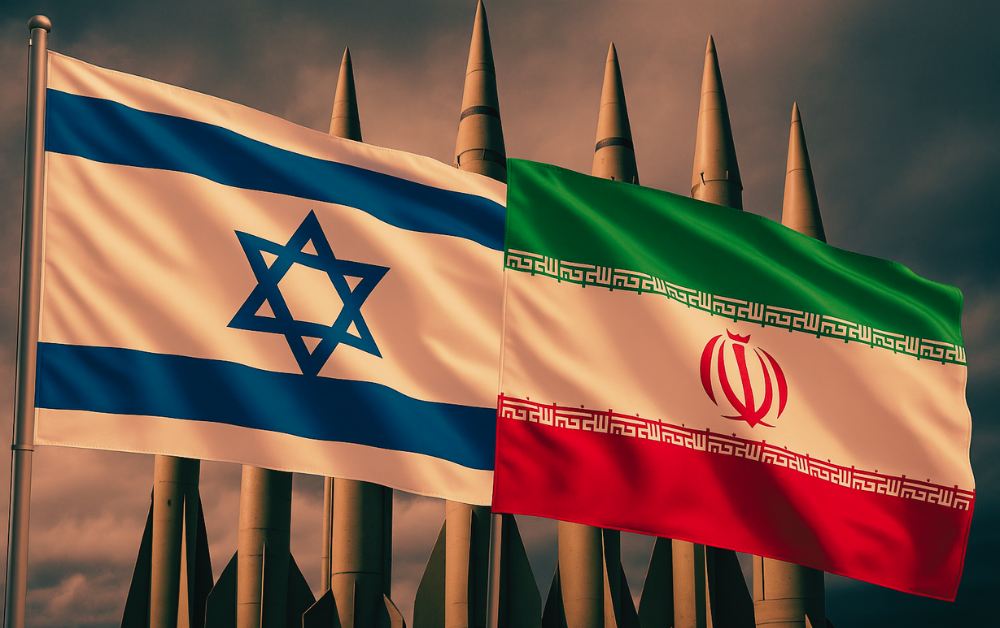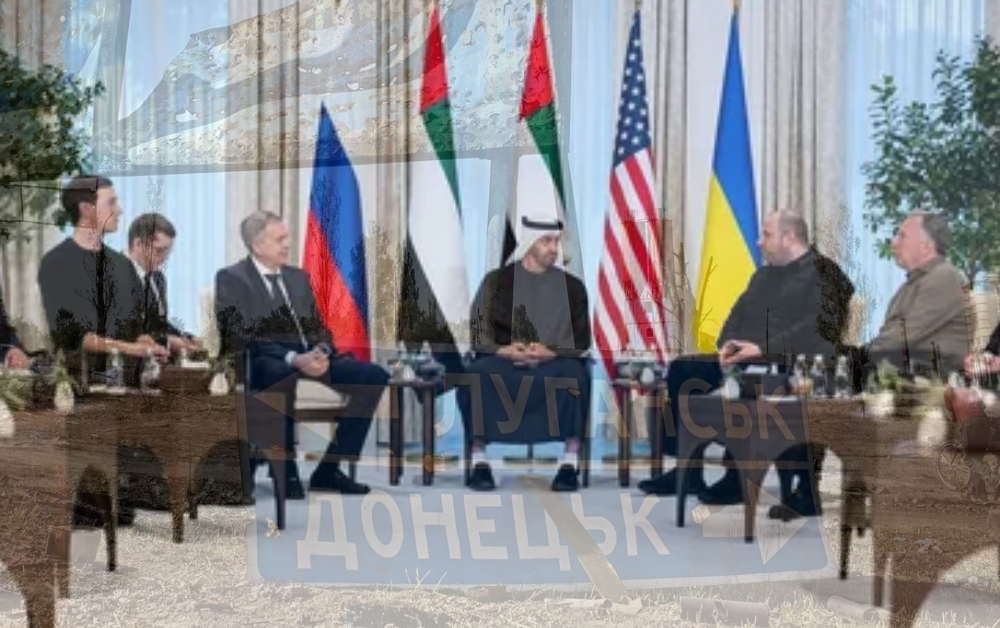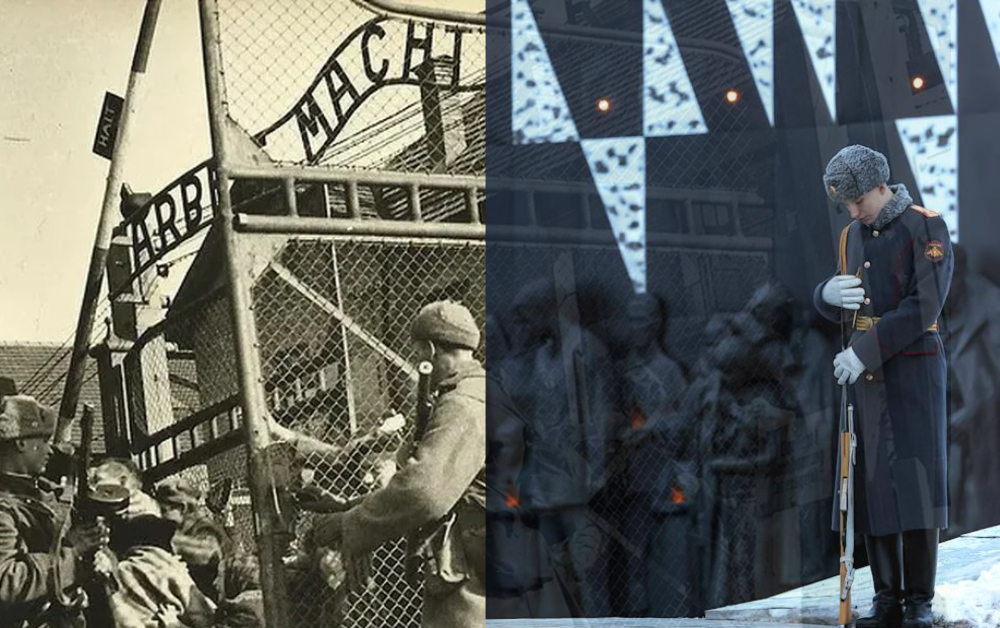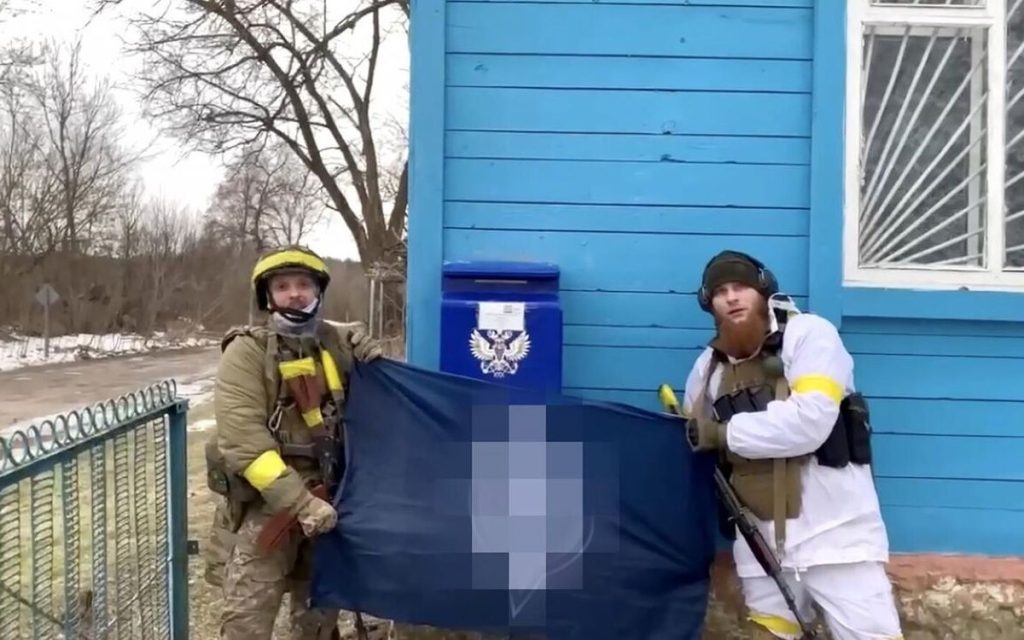The Middle East continues to burn, and this time the fire has spread eastward, from Gaza to Tehran. Indeed, Israel dealt a heavy blow to Iran during the night of June 12–13, sparking a major outcry in the West. Instantly, the legitimacy of Israel’s actions became the subject of fierce debate. Curiously, it was supporters of “international law” who jumped in to back Israel’s operations, with some even asserting that international law exists solely to regulate relations among “civilized states.” Incidents like this highlight precisely that double standard in the West, which under the banner of “we’re all equal” and “rights” continues to convey a sense of cultural superiority.
The Israeli government has stated that the strike was a preemptive move against Iran, which was on the verge of developing nuclear weapons. Italian Foreign Minister Tajani ramped up the rhetoric, claiming that Tehran could build several atomic bombs within months based on intelligence he received.
But what is the real situation regarding nuclear weapons in Israel and the Islamic Republic of Iran? Israel is the only Middle Eastern state with nuclear weapons. Although it has never officially confirmed possessing nuclear arms, it is widely accepted that Tel Aviv holds between 80 and 400 nuclear warheads. Iran, by contrast, is enriching uranium to 60%, far short of the 90% enrichment typically required for weapons. Iran also signed the Nuclear Non-Proliferation Treaty (NPT) in 1968 and has never withdrawn from it, whereas Israel has never joined the NPT to avoid admitting to having nuclear bombs or subjecting its arsenal to inspection.
Iran has never conducted nuclear weapons tests, while Israel is strongly suspected of conducting a nuclear test with South Africa in 1979 over the Indian Ocean—known as the “Vela incident.” However, there is no official confirmation of this event.
Iran’s nuclear program—which Tehran consistently states is for peaceful purposes—is monitored by the IAEA (International Atomic Energy Agency) under the United Nations. Israel, however, has never allowed inspections of its suspected nuclear program. Iran developed its program domestically, unlike Israel, which is alleged to have obtained enriched fissile material from the United States and received covert support from France and South Africa.
In conclusion, while the Israeli government insists that coexistence with a nuclear-armed neighbor such as Iran would be dangerous, Iran has never threatened anyone with nuclear weapons. On the other hand, as former CIA official Ray McGovern noted in 2003, Israel uses its nuclear capability as a means of political and military leverage with Washington. It is possible that if Israel were “left alone” to face hostility from its neighbors, it might resort to using nuclear weapons, igniting a conflict with the majority of Arab countries.












